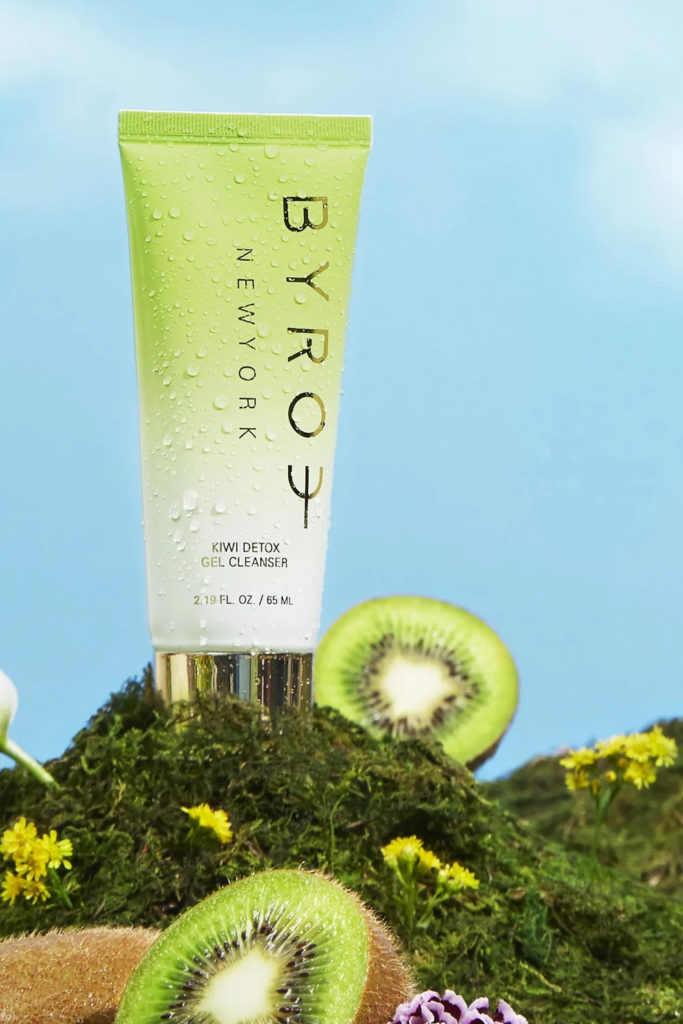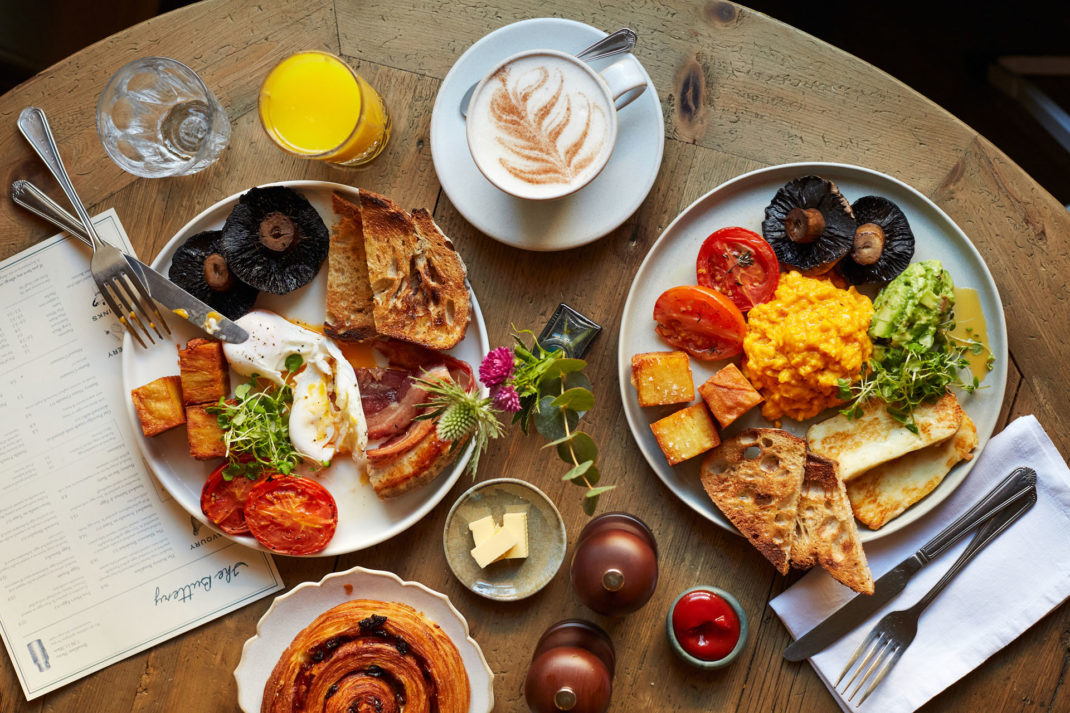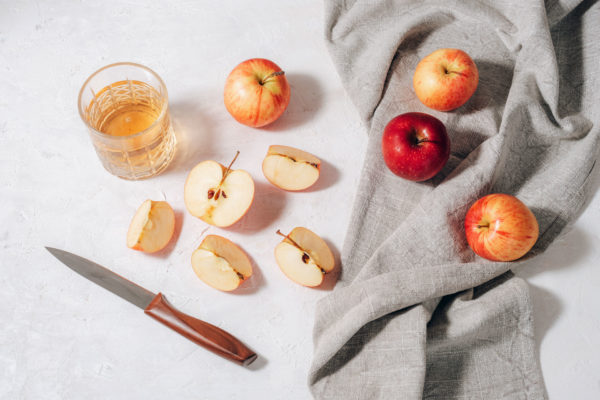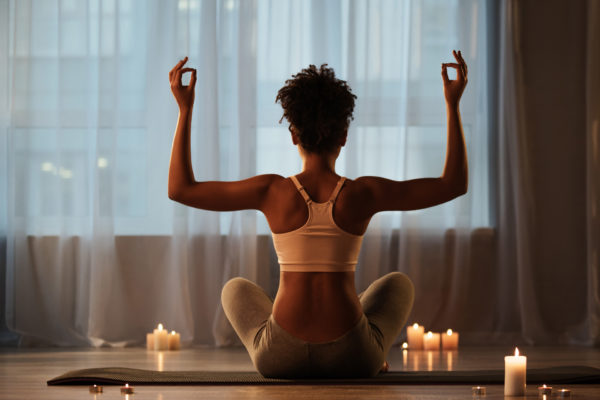Will The 30/30/30 Method Make You Healthier?
By
1 year ago
TikTok's latest wellness challenge, explained
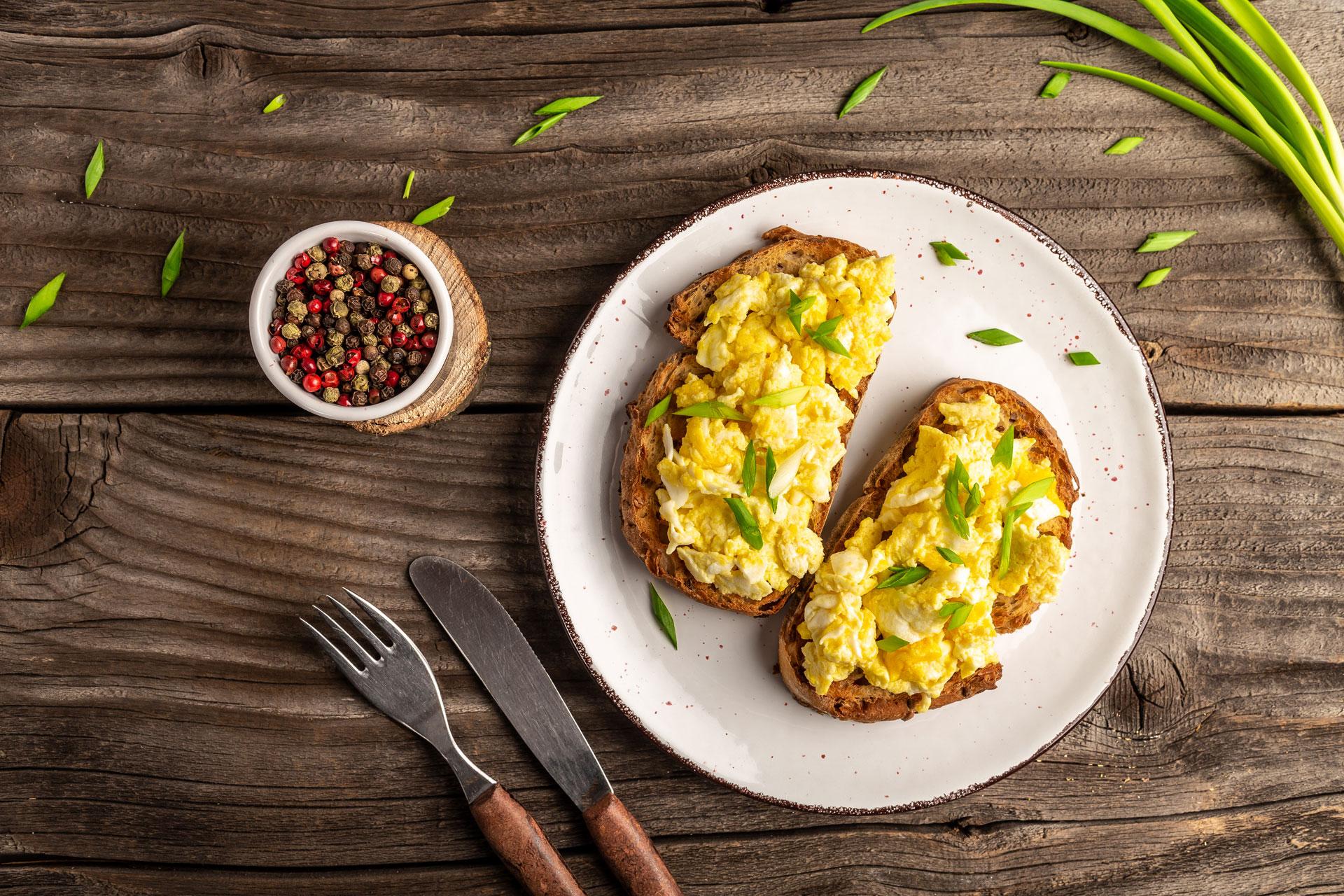
TikTok is awash with health challenges, which tend to come with a catchy title and a string of fitness influencers claiming big benefits. In recent months we’ve had the notoriously tough 75 Hard Challenge, the #AppleCiderVinegarChallenge, and a resurgence in interest surrounding intermittent fasting, to name but a few. The latest wellness trend to go viral? A phenomenon called the 30/30/30 method, which devotees are claiming can transform your health. So what does it involve – and does it actually work?
What Is The 30/30/30 Method?
Morning routines are all over social media right now, and the 30/30/30 method is essentially just another one, packaged into a neat, easy-to-follow format. The clue’s in the name: it involves beginning your morning with 30g of protein, 30 minutes after waking up, followed by 30 minutes of low-intensity exercise.
Although the method was first discussed by nutritionist Tim Ferriss in his 2010 book The 4-Hour Body, it has recently resurfaced after being endorsed by Gary Brecka, a self-dubbed ‘human biologist’, and host of The Ultimate Human podcast.
@garybrecka.shorts Gary Brecka discusses the truth about the 30/30/30 rule for weight loss #garybrecka #mentalhealth #depression #mindset #health #fitness #anxiety #weightloss ♬ original sound – Gary Brecka Shorts
What Are The Benefits Of The 30/30/30 Method?
In his now-viral videos, Brecka argues that the 30/30/30 rule can help with weight loss and blood sugar control. He says: ‘30-30-30. I’ve never seen anything in my life strip fat off of a human being faster than this… 30g of protein within 30 minutes of waking, followed by 30 minutes of steady-state cardiovascular exercise, bringing your heart rate down to below 135 beats per minute. Do that for a month and watch it eviscerate.’ But what does the science say?
While there haven’t been any specific studies into the 30/30/30 method, the principles it’s built upon have long been explored by dietitians and scientists. Some research shows eating a high-protein breakfast can help you lose weight, as it can stop you overeating later in the day. One study published in The FASEB Journal, for instance, found that participants who began their days with 30 to 39g of protein ended up eating fewer calories at lunchtime. The question is: how essential is the 30-minute time window?
Nutritionist Lara Isaac says: ‘Breakfast is a great opportunity to provide your body with nutrients that will set you up for the day, but the timing matters less than people think. What you eat is much more important than when you eat it – and going for something protein-rich is key.
‘Breaking your fast with a source of protein supports your body’s ability to regulate its glucose levels for the rest of the day, preventing energy dips and cravings. Greek yoghurt, eggs, tofu, nuts, hemp/chia seeds are good protein-rich options and are preferable to consuming carbohydrate-heavy choices (toast, porridge, muesli etc.) alone.’
She adds: ‘It doesn’t matter if your first meal is minutes after waking or not until after midday. Having a 12-hour overnight fast suits most people, but we’re all genetically unique and need to find the eating pattern that works for us.’

Unsplash
The other part of the method is the low-intensity exercise part. Also known as LISS (low-intensity steady-state cardio), this form of exercise is a type of aerobic activity which involves a lower level of exertion for a longer level of time. This could be walking, cycling, swimming or a gentle jog, and has been proven to help with cardiovascular health, fat burn and posture improvement. It is also more accessible than higher intensity forms of exercise, such as HIIT.
The NHS states that 30 minutes of moderate physical activity five times a week could help reduce the risk of coronary heart disease, type 2 diabetes and cancer, so incorporating some LISS into your morning routine could certainly be beneficial. Working out in the morning is associated with many positives, such as improved energy and better sleep. It could help your productivity levels too: a 2019 study in the British Journal of Sports Medicine found morning exercise can boost attention levels and decision-making skills.
All in all, the 30-30-30 method is built on scientifically-backed principles, and it could help create a healthier lifestyle. However, as with all TikTok trends, it’s worth approaching with a discerning eye: Brecka is not a licensed medical provider, and different diets and routines will work for different people. If you’re planning to start a new regime, it’s always worth consulting a nutritionist or fitness professional, who will be able to offer bespoke advice.




